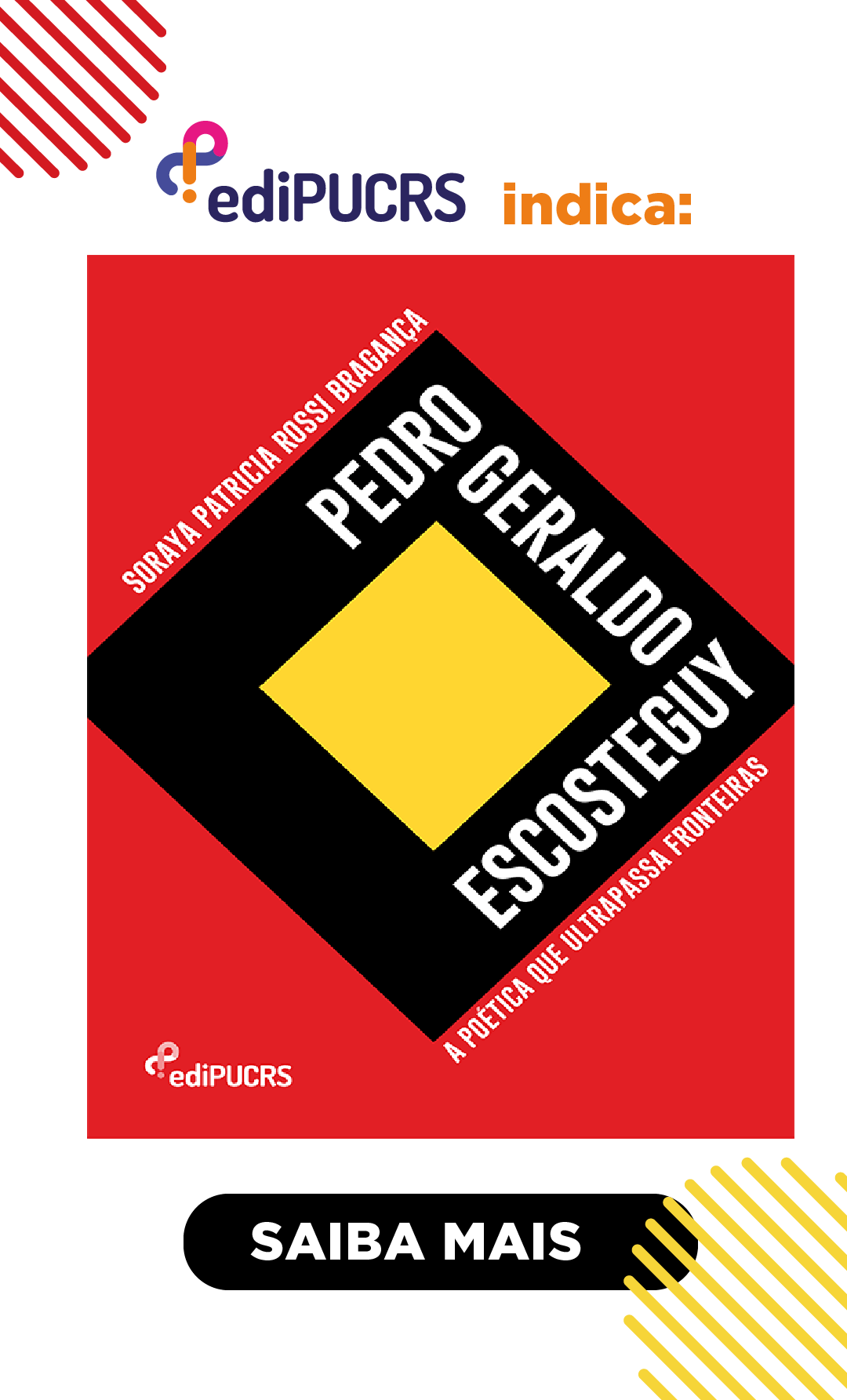The tragedy revisited: a new mî(me)se en cène in the Nelson Rodrigues’s theatre
DOI:
https://doi.org/10.15448/1983-4276.2019.1.27279Keywords:
Brazilian theater. Tragedy. Mîse en cène. Nelson Rodrigues. Vestido de noiva.Abstract
The work of Nelson Rodrigues focuses on a few central themes, such as love and death, sex and betrayal, violence and transgression, which, worn in the European and Brazilian theater, often minimizes its character of originality. However, it is in the form – and not in the content – that the playwright reaches its greatest innovation, bringing to the stage a tragedy which, while rejecting its founder model, runs counter to a tragedy, between the years 1880-1950, with rare exceptions (like Brecht , Hauptmann and Pirandello), still attached to the classical principles of objectivity, reality and verisimilitude, maybe not in the contents, but at least in the formal structuring of contents. Thus, I intend to identify, in Vestido de noiva, how the Nelson Rodrigues’s work moves away from the traditional model of tragedy, introducing a new mîse en cène in the Brazilian theater, finally released from the formal prison that represented, for a long time, the desire of real.
Downloads
References
ARISTÓTELES. “Poética”. In: ARISTÓTELES; HORÁCIO; LONGINO. A poética clássica. 7. ed. São Paulo: Cultrix, 1997, p. 19-52.
AUERBACH, Erich. Mimesis: a representação da realidade na literatura ocidental. 5. ed. São Paulo: Perspectiva, 2004. p. 471-498.
BARTHES, Roland. O rumor da língua. São Paulo: Brasiliense, 1988.
BATALHA, Maria Cristina. Nelson Rodrigues e as obsessões da persona. Revista Ipotesi, Juiz de Fora, v. 11, n. 1, p. 39-47, jan./jun., 2007.
CALVINO, Italo. Seis propostas para o próximo milênio. Trad. de Ivo Barroso. São Paulo: Cia. das Letras, 2006. https://doi.org/10.5433/2237-4876.1999v2n1p199
COSTA, Iná. Alaíde Moreira no purgatório. Praga - Revista de Estudos Marxistas II, São Paulo, p. 69-85, 1997.
GUINSBURG, Jacob et al. Semiologia do teatro. São Paulo: Perspectiva, 1988.
LUKÀCS, Georg. A teoria do romance. São Paulo: Duas Cidades; Ed. 34, 2000.
PEREIRA, Maria Helena da Rocha. Prefácio à Poética de Aristóteles. In: ARISTÓTELES. Poética. Trad. de Ana Maria Valente. 3. ed. Lisboa: Fundação Calouste Gulbenkian, 2008. p. 5-31.
RODRIGUES, Nelson. Vestido de noiva. São Paulo: Abril Cultural, 1977.
ROSA, João Guimarães. Grande Sertão: veredas. 2. ed. Rio de Janeiro: José Olympio, 1958.
SÓFOCLES. Édipo-Rei. Trad. de Jean Melville. São Paulo: Martin Claret, 2005.
SZONDI, Peter. Teoria do drama moderno [1880-1950]. São Paulo: Cosac & Naif, 2001.
VALÉRY, Paul. Autre Rhumbs. In: VALÉRY, Paul.Oeuvres. Paris: Gallimard, 1960. p. 635-677.
VIDAL, Paulo. Édipo sem complexo, Hamlet edípico. ECOS: Estudos Contemporâneos da subjetividade, Niterói, v. 4, n. 1, p. 76-89, 2014.
Downloads
Published
How to Cite
Issue
Section
License
Copyright
The submission of originals to Navegações implies the transfer by the authors of the right for publication. Authors retain copyright and grant the journal right of first publication. If the authors wish to include the same data into another publication, they must cite Navegações as the site of original publication.
Creative Commons License
Except where otherwise specified, material published in this journal is licensed under a Creative Commons Attribution 4.0 International license, which allows unrestricted use, distribution and reproduction in any medium, provided the original publication is correctly cited.





